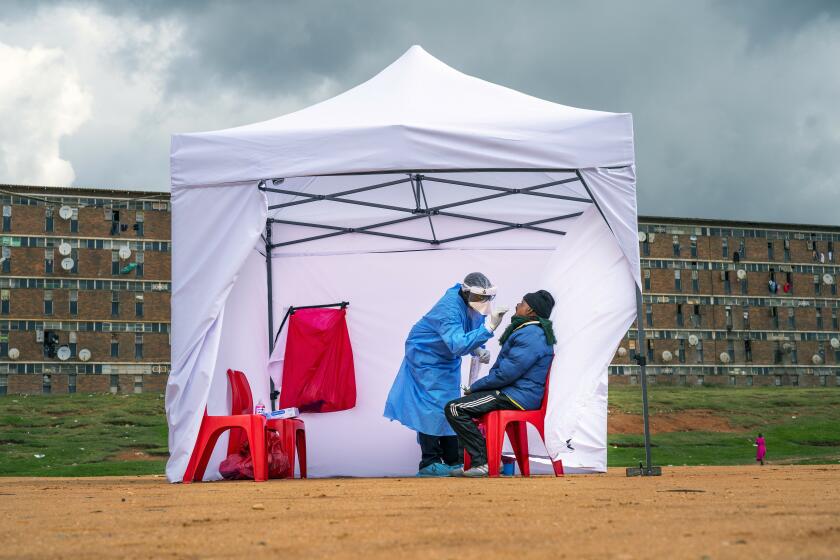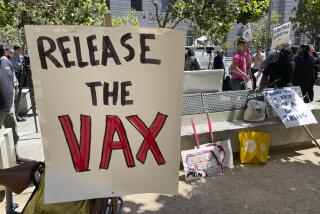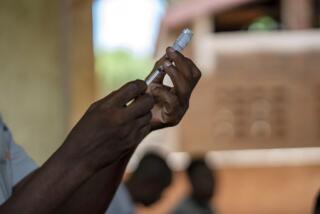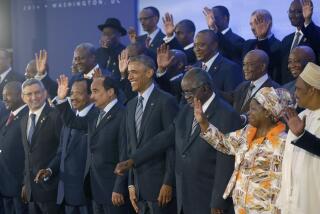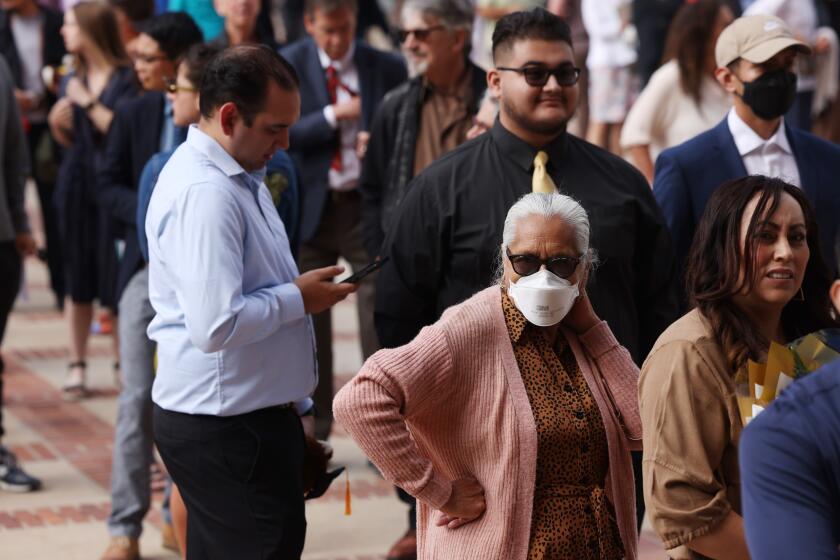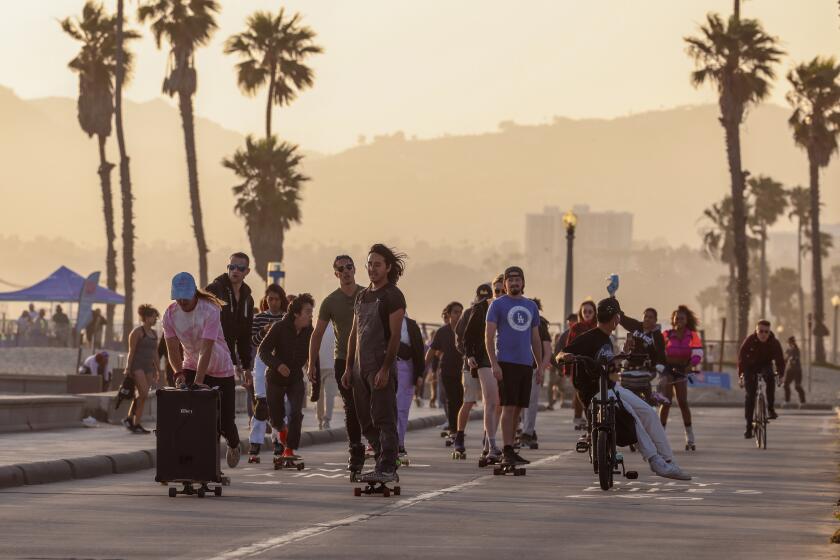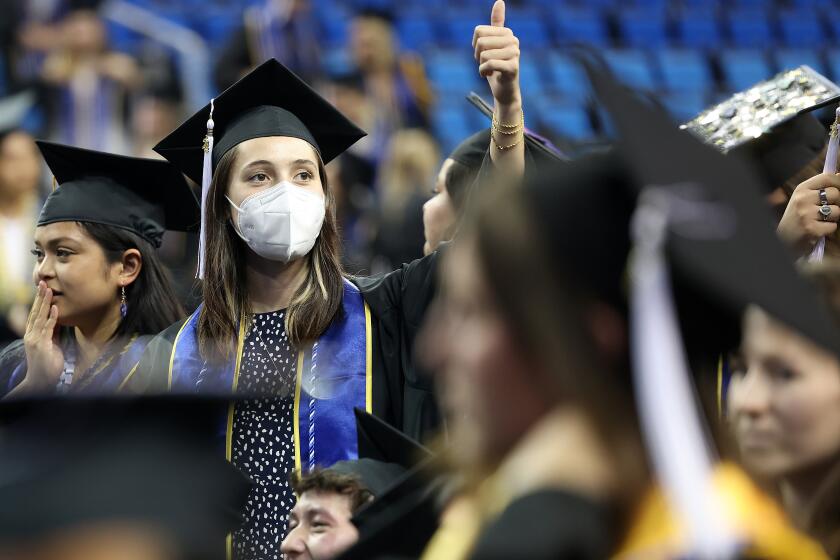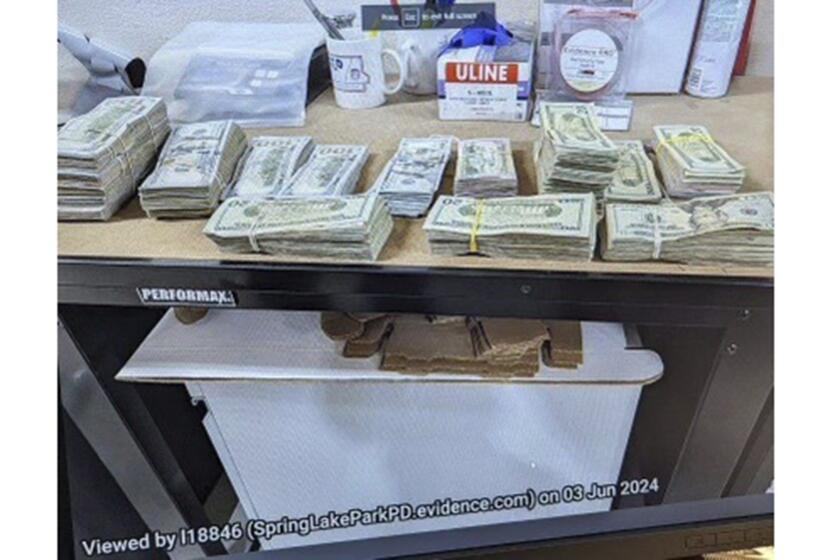African and European leaders push for vaccines for Africa after COVID-19 exposed inequalities
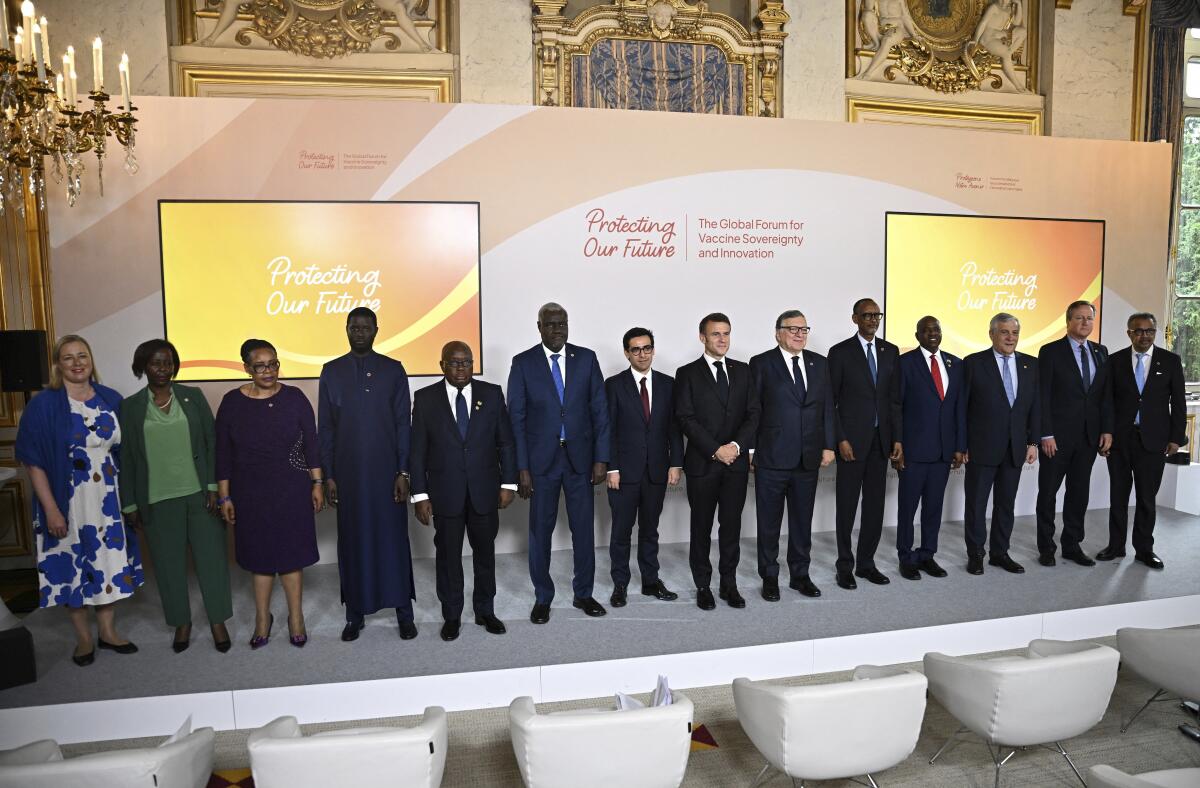
French President Emmanuel Macron joined several African leaders Thursday to kick off a planned $1-billion project to accelerate the rollout of vaccines in Africa, after the COVID-19 pandemic exposed gaping inequalities in access to them.
The launch of the African Vaccine Manufacturing Accelerator, which will provide financial incentives to vaccine manufacturers, offered a momentary break for Macron from domestic political concerns as a legislative election looms on June 30 and July 7.
Many African leaders and advocacy groups say Africa was unfairly locked out of access to COVID-19 treatment tools, vaccines and testing equipment — that many richer countries bought them up in huge quantities — after the pandemic was declared in 2020.
The World Health Organization, advocacy groups, the European Union and others want to help Africa get better prepared for the next pandemic, which many health experts say is inevitable. When the pandemic began, South Africa was the only country in Africa with any ability to produce vaccines, officials say, and the continent produced a tiny fraction of all vaccines worldwide.
The U.S. is launching a program that will help 50 countries, most of them in Africa and Asia, identify and respond to infectious diseases.
“Africa produces only 2% of the vaccines it uses, and the goal that we have set is that by 2040 the production is increased to reach 60%,” Macron said at the launch event. “France and Europe have supported this ambition since 2021 with 1.3 billion euros (allocated), and we need to accelerate it.”
The WHO failed in its efforts to help countries agree to a “pandemic treaty” — to improve preparedness and response to pandemics — before its annual meeting last month. The project was shelved largely over disagreements about the sharing of information about pathogens that cause epidemics and the high-tech tools used to fight them.
Negotiators will resume work on the treaty in hopes of clinching a deal by the next WHO annual meeting in 2025.
Thursday’s event in Paris also aims to give a funding boost to Gavi, the Vaccine Alliance, a public-private partnership that helps get needed vaccines to developing countries around the world.
The World Health Organization said that up to 65% of people in Africa have been infected with the coronavirus.
Gavi says the project aims to make up to $1 billion available over the next decade to help increase Africa’s manufacturing base, to improve global vaccine markets and improve preparedness and response to pandemics and outbreaks such as HIV, malaria, tuberculosis and COVID-19.
The Geneva-based alliance says the accelerator will inject funds into manufacturers in Africa once they hit supply and regulatory milestones, with an aim to use market forces to drive down prices and encourage investment upstream.
Officials say the project will explore issues such as technology transfer — which has been resisted by some Western countries with powerful pharmaceutical companies — as well as the possible creation of a African medicines agency and tackling regulatory hurdles faced in Africa’s patchwork of legal systems.
Garriga and Keaten write for the Associated Press. Keaten reported from Geneva.
More to Read
Start your day right
Sign up for Essential California for news, features and recommendations from the L.A. Times and beyond in your inbox six days a week.
You may occasionally receive promotional content from the Los Angeles Times.

